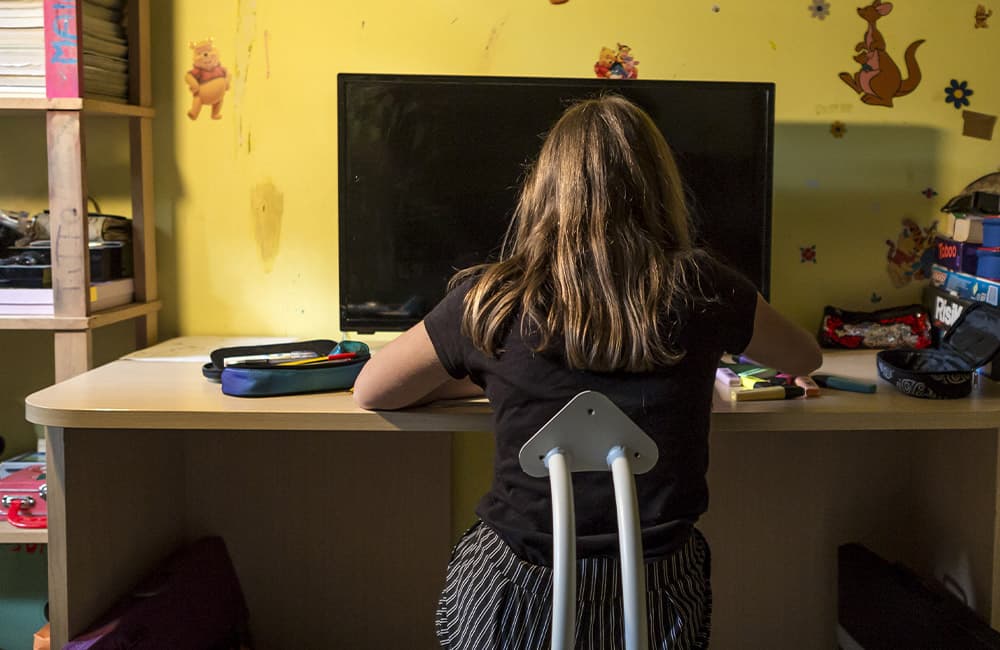A whole host of risks can emerge from children spending more time at home, including sibling violence or sexual abuse, online exploitation, child abuse or family violence all caused by the health and economic emergency the world is now experiencing.

Online predators
As children moved to online learning, for example, there was more potential for children to be exposed to sex offenders online, says Karen. “I’ve seen evidence that there is more online activity by sex offenders looking for children who are spending more time online because of COVID-19. Sex offenders are always online, that’s their playground. But COVID-19 might have given them access to new groups of children who previously didn’t spend as much time online. Parental supervision and awareness of children’s online behaviour is key to reducing that risk.”
She notes that during lockdown, traditional avenues of reporting may not have been available to children who wanted to tell an adult about abuse or harm. “We were really worried because a lot of the work paused there for systems and informal community-based organisations that normally reach out and help vulnerable families. It’s fair to say that a support network that exists in normal times was not there for many children. Community-based services had to adapt by providing online counselling, apps, and different ways of helping people.